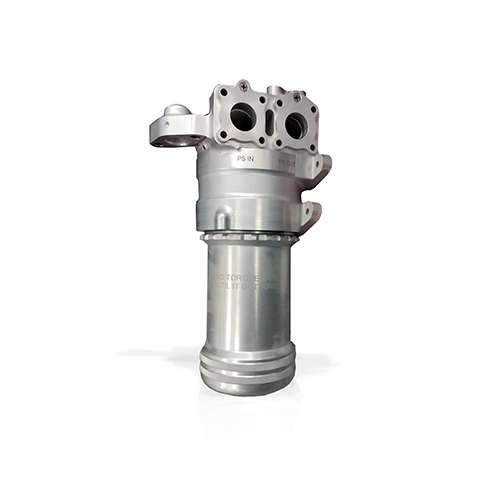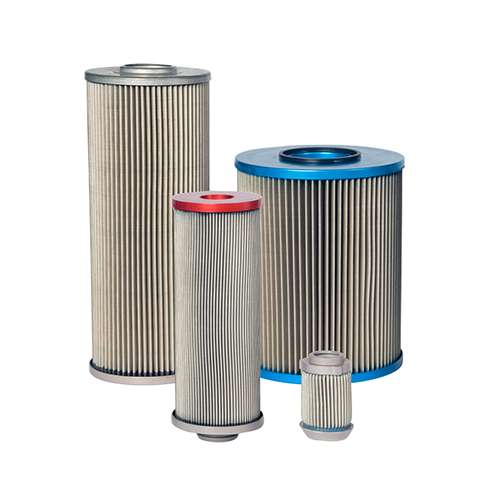Filtration Solutions for Aerospace Engines
Work with the world leader in filtration solutions for aerospace and defense
OEM Approved, Aerospace Filter Elements
Pall has been supplying filter solutions to the major aerospace engine OEMs since the 1970s. These parts have to undergo a stringent qualification test program to meet the OEM specification requirements. Pall commercial engine applications include: CF6, GE90, CFM56 series, GP7200, GEnx, GTFTM, LEAP, JT8, JT9, PW4000, PW6000, RB211, Trent, V2500 and XWB.
Key filtration supplier to aerospace engine OEMs
Pall is proud to be a member of the Rolls-Royce High Performing Supplier Group (HSPG). The HPSG is a collaborative working initiative with membership strictly limited to Rolls-Royce’s highest performing suppliers. This is a recognition of Pall’s consistent performance across key metrics including class leading quality and on-time delivery. We first became a member in 2020 and are pleased to announce that we retained our position for 2024.
Pall Aerospace Receives Prestigious Recognition from Rolls Royce. Click hear to learn more.
Featured Products
Other engine filtration products include Ultipleat filter elements, Dirt Alert diagnostic filters, single tube vortex systems and Last Chance Filters (LCFs).
Benefits of Fine Filtration in Engine Fuel Systems and Lubrication Systems
- Improve system reliability
- Extend component service life
- Reduce component and engine downtime
- Reduce maintenance costs
With the largest and broadest portfolio of OEM-approved solutions that protect engines, auxiliary power units (APUs), and integrated generators, we are confident that we can find a solution that meets your most important requirements.
Why choose Pall engine filters?
- Decades of experience providing fuel and lube filtration solutions on numerous commercial and military engine programs.
- Your engine system is protected by the best available and proven technology.
- Our technical experts provide troubleshooting, consulting, and testing services.
- Since 1946, Pall has built a legacy of filtration innovation.
- Our technical specialists are actively involved in shaping the decarbonization standards and future of our industry.
Problems caused by Contamination, Solved by using Fine Filtration
| Fuel Systems | Lube Systems | |
|---|---|---|
| Sources of contamination | Manufacture of new engines
Maintenance
| Manufacture of new engines
Maintenance
|
Service operation
| Service operation
| |
| Challenges |
|
|
-
Pall Products for CFM56 engines
Enter your details to download
Download: -
Pall Products for GE engines
Enter your details to download
Download: -
Pall Products for Pratt & Whitney engines
Enter your details to download
Download: -
Pall Products for Rolls-Royce engines
Enter your details to download
Download: -
Pall Products for V2500 engines
Enter your details to download
Download: -
Pall Aerospace Green Run Filtration
Enter your details to download
Download: -
Green Run Filtration for CFM56-7 Engine
Enter your details to download
Download:
Industry-leading products that fit your system needs.
To determine the best product for your engine application, contact your local Pall sales representative. For civil engine spare parts please contact our authorized distributor, Satair.
Maintenance, Repair and Overhaul Services
We value our customers and understand their need for ongoing support so we provide them with a dedicated service network available for maintenance, repair and spare part logistics for all our products - before, during and beyond delivery of a solution. Every day.
We can help find the right engine filtration solutions for your needs. Contact our team of filtration experts below.





